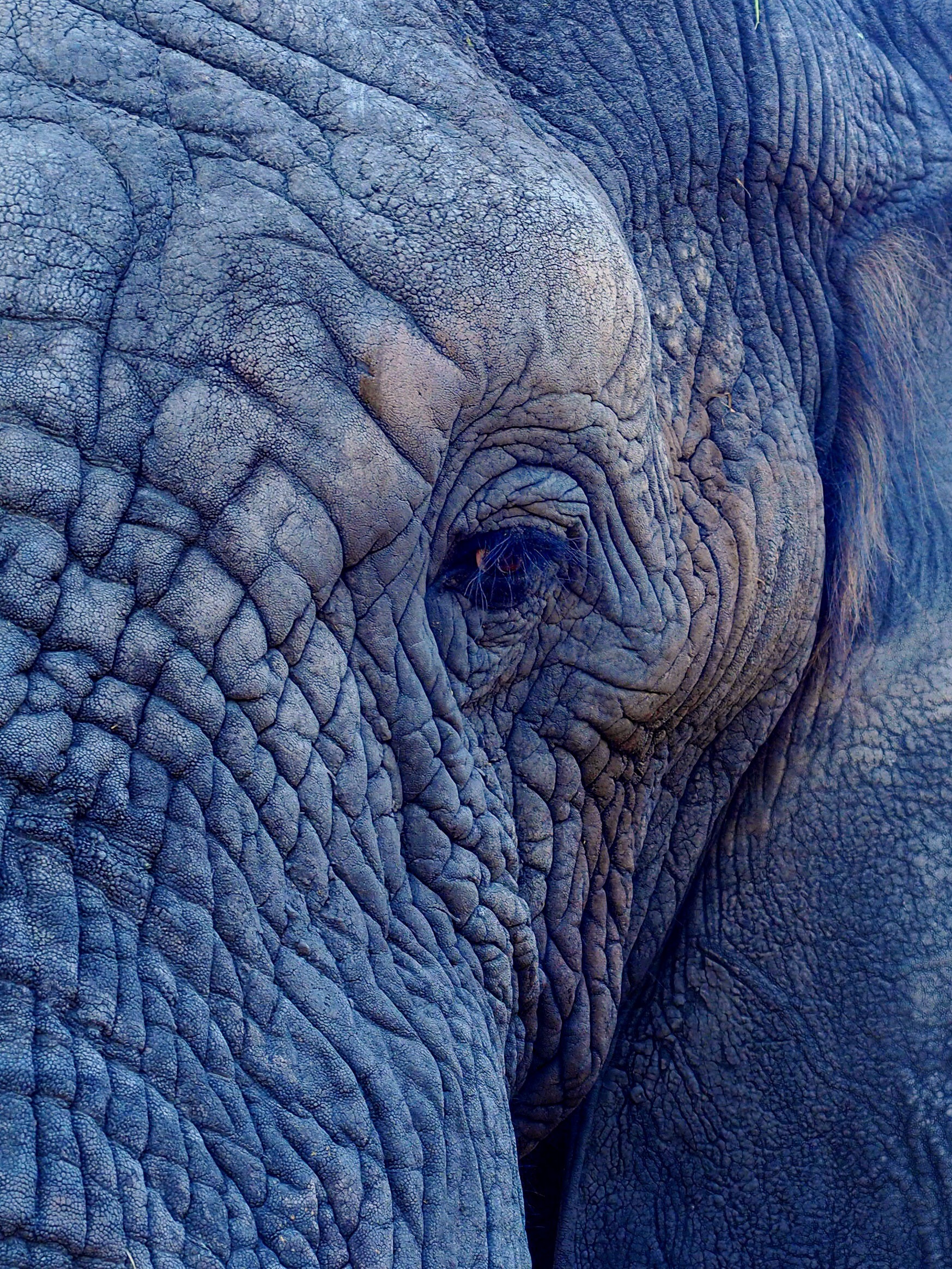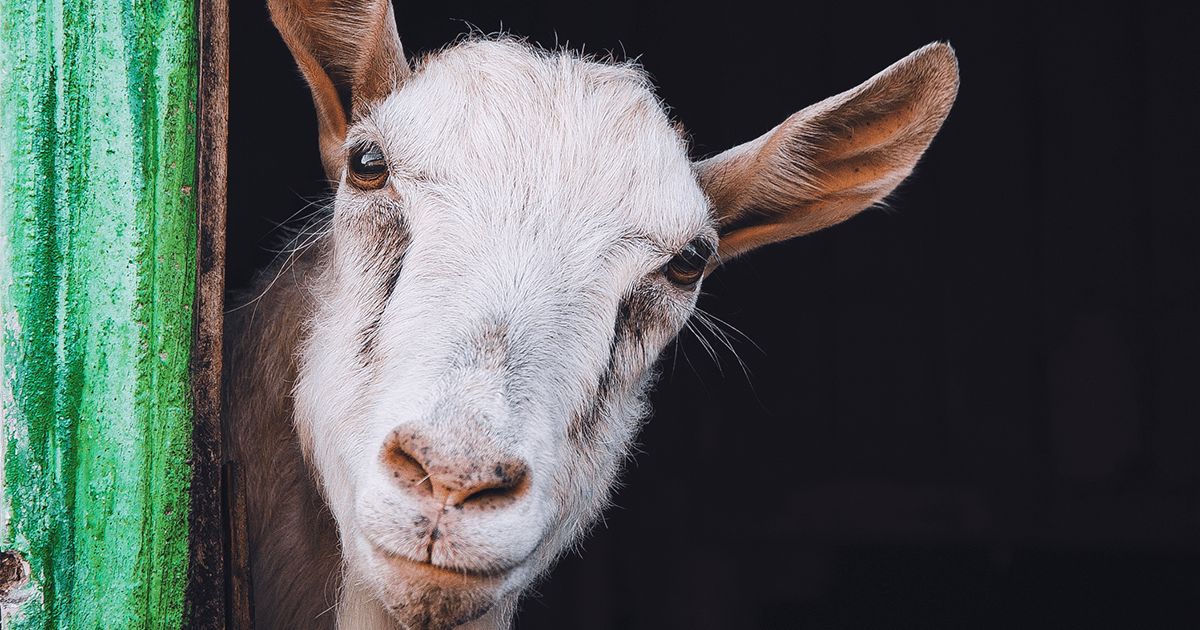

In the last quarter of the 20th century, there was a surge of interest in animal sentience, and animal welfare scientists quickly realised that welfare problems can be better tackled with an understanding of how animals feel. Little consideration was given to sentience by scientists through much of the 20th century due to the inhibiting influence of Behaviourism. Towards the end of the 19th century, scientists and philosophers had developed a fairly sophisticated concept of sentience.

It was not until the Enlightenment of the 18th century that philosophers started to accept the notion that animals have feelings. It is pointed out that the idea of sentience, at least in the mammals and birds, was accepted by lay people by the time of the Renaissance and before it was acknowledged by philosophers.

Is it time to think of some animals not just as having rights, but as occupying the same moral universe as humans, worthy of our trust and capable of being betrayed? Or should the relationship between man and beast always be seen as one of human dominion? With Jim Barrington, Claire Bass, Dr Steve Cooke and Nick Zangwill.A brief history of the concept of sentience is given.
#Animal sentience full
The legally binding protocol annexed to the Treaty of Amsterdam recognises that animals are sentient beings, and requires the EU and its member states to pay full regard to the welfare requirements of animals. Others believe that elevating the status of animals diminishes the uniqueness of human beings. In 1997 the concept of animal sentience was written into the basic law of the European Union. A rights-based approach has argued that since the moral status of humans overlaps with some animals, we should consider those animals equally deserving of rights. The way we treat (and whether we eat) animals has important implications, not just for the status of animals, but for the status of human beings.

These could be negative feelings such as pain, frustration and fear. The law will create an Animal Sentience Committee, who will be able to examine whether Government policy has taken animals’ needs into account and to what extent. Sentient animals are aware of their feelings and emotions. It is an important step forward for UK animal welfare law. They argue there should be no contradiction in the idea that a nation of ‘animal lovers’ could eat billions of them every year. The animal sentience law means that animals’ ability to feel will be officially recognized in Government policy decision making. Critics of the proposals believe current animal welfare legislation is sufficient and worry about the unintended consequences for farming, fishing and countryside sports. Some want the bill to go even further by including invertebrates, which, for example, could ban the practice of boiling crustaceans alive. the ability of animals to feel and experience emotions such as joy, pleasure, pain and fear.3 Charles Darwin was the first. And does declaring an organism sentient impose enormous costs on humans For many ethicists, sentience is crucial for determining whether an animal is entitled. Many hope it would offer animals greater protection - only this week, the BBC’s Panorama programme revealed that rules designed to protect horses from a cruel death appear to be regularly ignored at one of the UK's biggest abattoirs. If the law is passed, the government will establish an Animal Sentience Committee to scrutinise policy. The Animal Welfare (Sentience) Bill, currently working its way through Parliament, would for the first time formally recognise that animals have the ability to experience feelings, including pain, joy and fear.


 0 kommentar(er)
0 kommentar(er)
